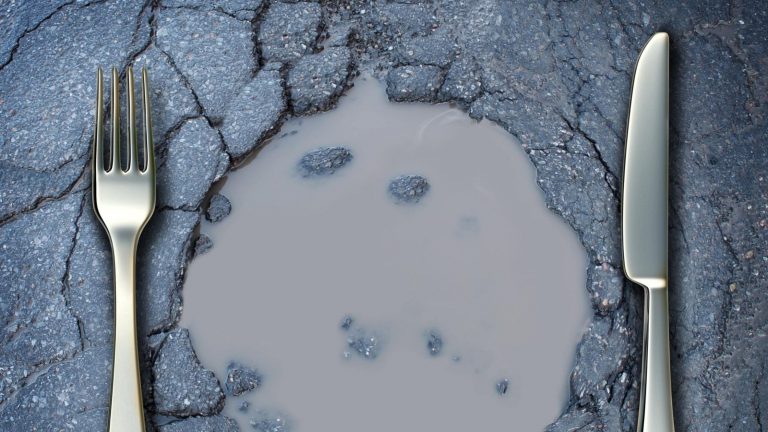Last week I wrote about the abundance of food that we have access to here in the UK and in so many other places. Indeed, we already produce enough food worldwide to feed every single person (and then some…) The problem is not whether we have enough food. We produce—and waste—a lot, but still people are going hungry. Our food systems are fundamentally unequal.

The sad fact is that even in high income countries, a significant proportion of the population does not have enough food to meet their basic daily needs. UN survey data on food insecurity indicate that in 2019 almost 1 in 8 people in Europe and North America experienced moderate or severe food insecurity. That’s just over 88 million people. This includes an individual’s uncertainty about their ability to obtain food and compromises in the quality and quantity of food consumed, in addition to those who simply don’t have enough food to eat.
Food poverty is used to describe the problem of being unable to obtain an adequate diet in terms of quantity, and that is sufficiently healthy in terms of quality. Food poverty is underpinned by economic inequality. This is why in my last post I described our food systems as being unequal.
There is an abundance of food, but it is not available to all. Food poverty unequally affects groups by race and ethnicity, by gender (women are on average more food insecure than men), by age (children and the elderly are more greatly affected), and for those with disabilities and mental ill health.
When this fundamental need is not met, there is an exacting toll on a person’s capacity for what might generally be described as human flourishing. A poor diet is linked to a greater risk of non-communicable diseases including diabetes and cancer. Because food poverty includes access to cheap but unhealthy foods it can manifest not just in undernutrition, but also problems of overweight and obesity. Food poverty also affects mental health and general wellbeing. It is linked with generally diminished life chances for children.
The COVID pandemic has brought some of these issues to our greater collective consciousness in the last year. People like Marcus Rashford have taken a stand and used their public profile to push government in the UK to make changes in access to food, particularly focused on children. I admire Rashford’s actions, but why should it fall to a footballer to raise the profile on child food poverty? For that matter, why should it be left primarily to the charitable sector to fill the gap?
We are literally surrounded by abundance. There simply is no excuse for so many people to be without enough good food.






